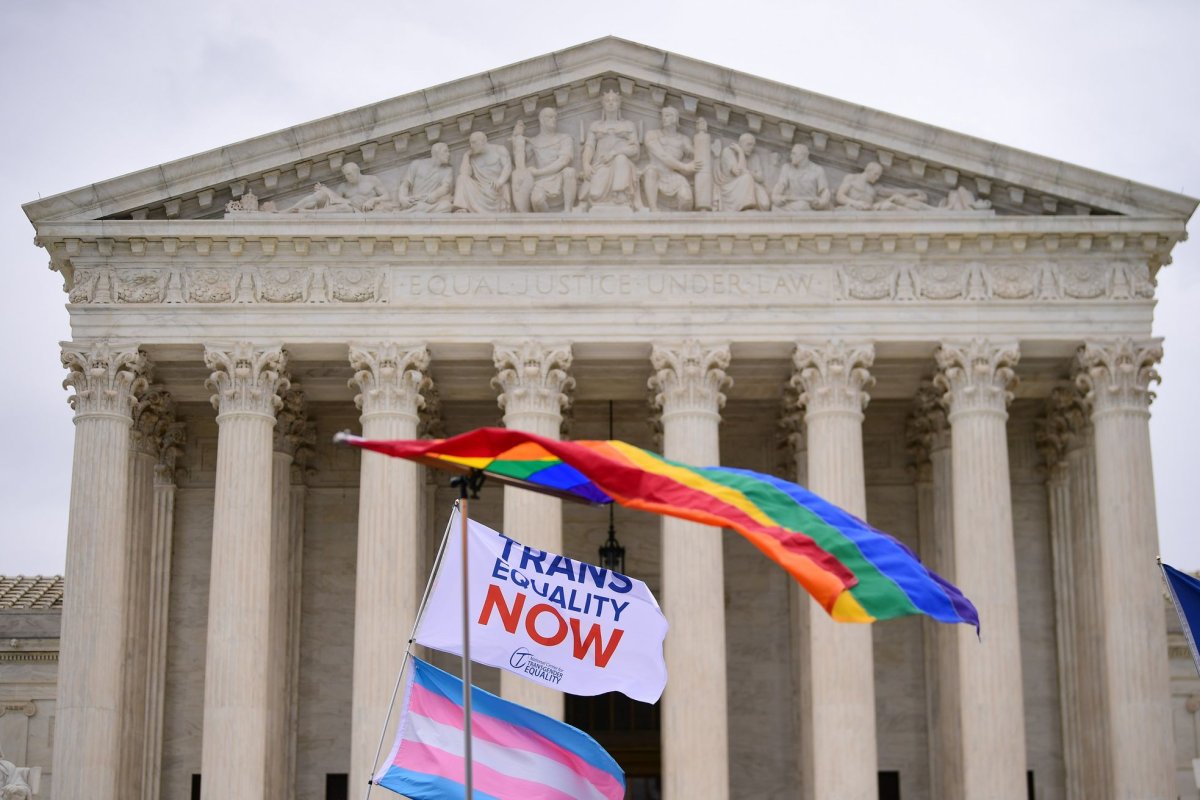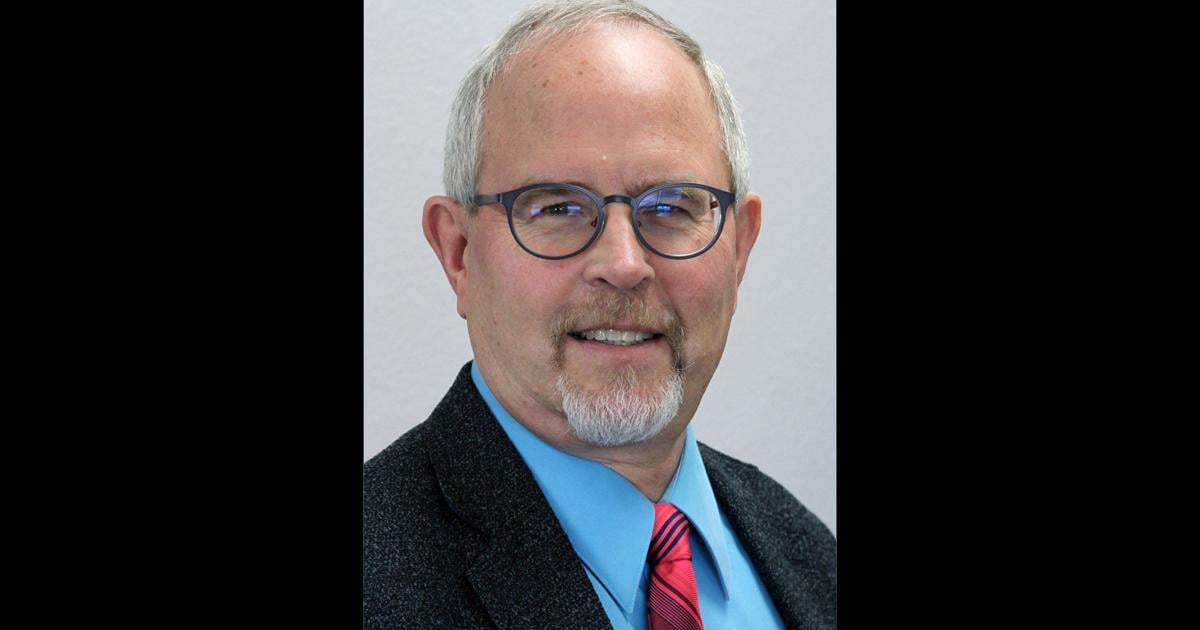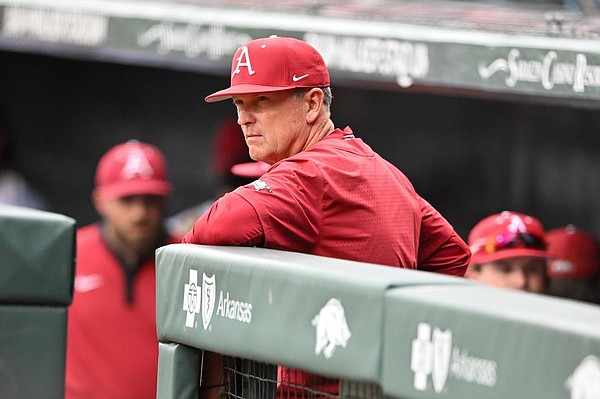The judge overseeing Donald Trump’s Manhattan “hush money” trial threatened to jail the former president if he continued to harass witnesses and jurors, after concluding that fines had failed to deter the defendant from repeatedly violating a court-imposed gag order.
Justice Juan Merchan issued the final warning as he found Trump in criminal contempt for a 10th time, over comments made online and to the media. The presumptive Republican nominee has so far been fined $10,000 — $1,000 per violation — which is the maximum financial penalty allowed by New York State law.
“Going forward, this court will have to consider jail sanction,” Merchan said on Monday morning, directly addressing Trump. He added this was “the last thing I want to do”.
“There are many reasons why incarceration is truly the last resort for me,” Merchan continued. “The magnitude of the decision is not lost on me.”
Under the relevant statute, defendants held in criminal contempt can be sent to jail for 30 days. However, the constitutional questions raised by imprisoning a presidential candidate have not been raised before, nor have the logistical arrangements required for remanding a defendant who travels with a Secret Service detail been considered.
Merchan’s caution came as he found Trump in criminal contempt for a television interview last month in which he had claimed it was “unfair” that the jury had been picked from an area that was “95 per cent Democrats”. This comment “not only called into question the integrity, and therefore the legitimacy of these proceedings, but again raised the spectre of fear for the safety of the jurors and of their loved ones,” the judge concluded in a written order.
However, Merchan declined to hold Trump in contempt for three other comments that prosecutors had claimed violated the order. Two statements to the media in which Trump attacked his former fixer — and potential star witness — Michael Cohen may have been “protected political speech made in response to political attacks”, he wrote.
Trump’s lawyers had claimed that their client was merely responding to vituperative attacks by Cohen, a vocal critic of the former president and a ubiquitous media presence.
Merchan again agreed with Trump’s defence team over a comment in which Trump had said that witness David Pecker, the former tabloid publisher, had “been very nice”. The court “cannot find beyond a reasonable doubt that the statement in question constituted a veiled threat to Mr Pecker or to other witnesses,” Merchan wrote.
In his comments to Trump in court, Merchan left no doubt that he would not err on the side of leniency if further violations warranted a sterner response.
“I cannot allow [the violations] to continue,” he said. “I have done everything I can”.
On his way into court on Monday, Trump once again complained that Merchan had “taken away [his] constitutional right to speak”.


:quality(70)/cloudfront-us-east-1.images.arcpublishing.com/adn/2GWZCU6K5FEBLL5CQ6BIYCSQBM.jpg)














:quality(70)/cloudfront-us-east-1.images.arcpublishing.com/adn/I57IPNLMRFASXCPP723L7ZRIBA.JPG)

















